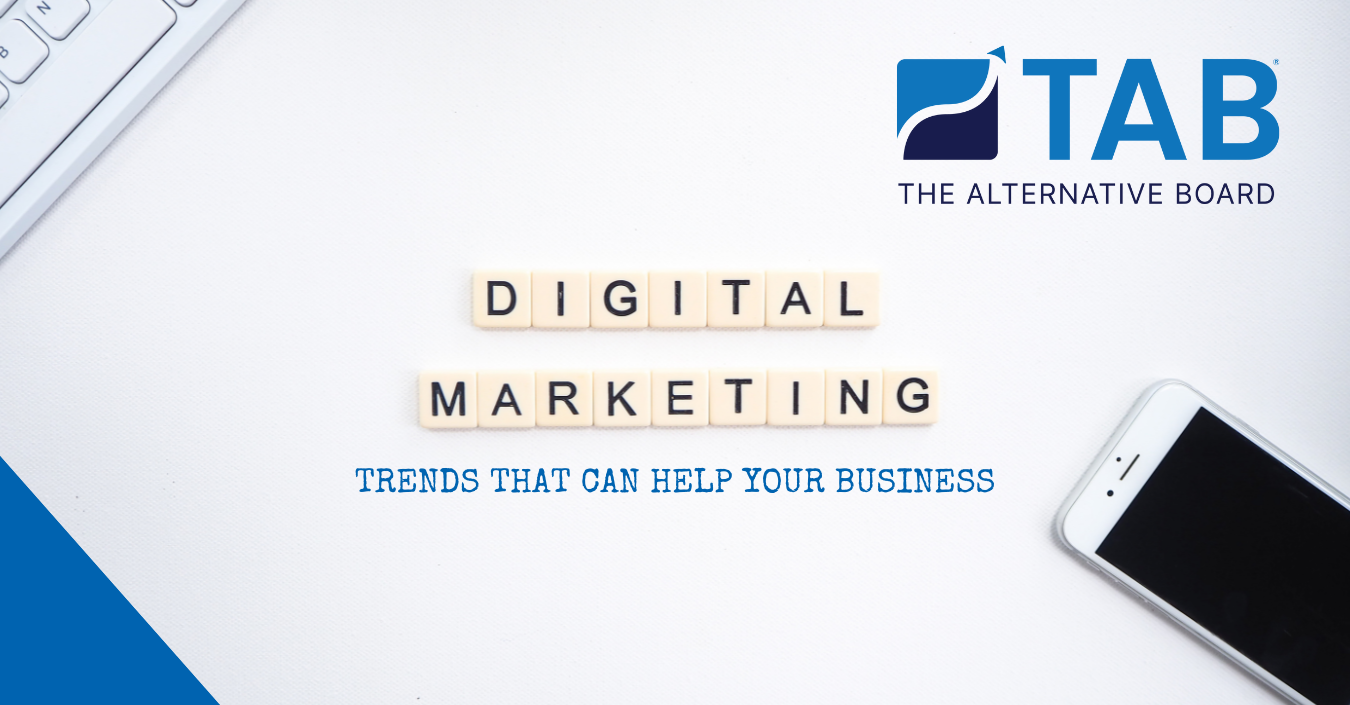5 Leadership Mistakes that Could Endanger Your Career Longevity
Don’t make mistakes that can endanger you or your business by making these mistakes over time. Here’s what to avoid to ensure career longevity as a manager.
High-achieving leaders and managers are always looking for new ways to become better at what they do. While instincts can be a good way to operate as a manager, they do leave professionals open to some leadership mistakes that can negatively affect your career longevity.
Keep an eye out for a few of these classic leadership mistakes that you could be making and it could be the key to a major career breakthrough. Falling into self-made traps could be a huge drawback to making leaps and bounds on your career path.
5 Common Leadership Mistakes to Avoid
MISTAKE 1: Constantly Putting Out Fires
Managers often make this leadership mistake on a daily basis. As a manager, it can be easier to fill your day with the chaos of daily problems in a business instead of focusing your energy in mindful ways. Training your staff to deal with problems appropriately can save you loads of time. Not only that but delegating solutions to problems can also free up major time.
Don’t take for granted how often getting into the weeds with staff, issues, or customers can affect your daily productivity ability. While it may be exhilarating to operate as a “firefighter” in your organization – don’t encourage sloppy work or project management that leads to fires in the first place. Tackle root causes and not just the symptoms.
MISTAKE 2: Sacrificing Quality for Efficiency
Efficiency is a major buzzword in business these days. Unfortunately, it’s an all too common leadership mistake to prioritize efficiency over everything else (including quality). Don’t push KPIs and goal metrics so hard that your company evolves beyond the point of being recognizable by customers. If you fail to meet their expectations over time they will eventually replace your product or service with an alternative that suits them better. Making this leadership mistake could be a quick way to reduce your overall career longevity.
MISTAKE 3: Crafting Your Identity Solely on Work
Too many small business owners and managers fall into this trap. It’s easy to mold your entire existence around your work identity. You’re a CEO, or a Founder, or whatever other title that you’ve worked so hard to achieve.
However, it’s important not to forget that your identity is rooted beyond a title and your work. Your identity as a great leader should rest in your values, your hobbies, and the other ways that you like to spend your time and find joy.
Getting too caught up in your own role and your corporate vision of yourself can lead to a loose grasp of your leadership style. Don’t make the mistake of forgetting where you came from (and where you’re eventually going).
MISTAKE 4: Letting Small Problems Fester
This may seem to run contradictory to the early mistake about fighting fires – but, hear us out on this point. As a manager, it can be easy to look the other way when small mistakes happen or you sense something is brewing. This could become a major leadership mistake as consistently brushing off the “small problems” can actually fester into bigger issues or resentment over time. Don’t let a fear of conflict stop you from righting the ship when it needs to be put back on course.
MISTAKE 5: Dreaming Big and Forgetting to Keep It Real
Small business owners and leaders make it into their positions by dreaming big. Your aspirations are large and your appetite for success is the same.
However, make sure that you’re surrounding yourself with people who also keep you grounded and self-aware. Hearing real facts and truly taking them for face value is so important. The biggest leadership mistake is losing your grip on the big picture over time. It’s important to see it all clearly and to know you’re being given the right information to make informed decisions.
You’ll appreciate Brunson’s practical wisdom and story-telling whether you are a young adult launching on your own, a CEO or owner of a company who wants to take your businesses to the next level, or you just think it’s time for life transformation.
Click here to order on Amazon or to read more.
We would love to hear your comments.
Gary Brunson
gary@myclearfocus.com
Debra Rider
debra@myclearfocus.com
574.361.2674
Sustainable Growth & Profit Consultant, Coach, Mentor and Counselor/Therapist for Business Owners and Professionals.








